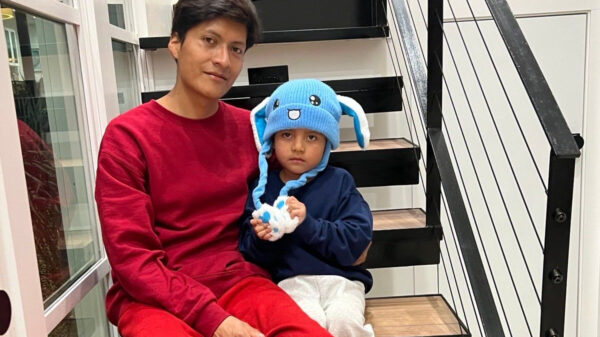In a recent column, relationship advice expert Abigail Van Buren, known as Jeanne Phillips, addressed the emotional struggles within long-term marriages. Two letters from readers illustrated the complexities of intimacy and grief, highlighting the need for open communication and personal care in relationships.
The first letter came from a Canadian woman who expressed frustration regarding her husband’s reactions surrounding her menstrual cycle. After 18 years of marriage, she described a pattern where her husband becomes anxious and angry when intimacy is not possible, especially during her monthly cycle. He reportedly travels for work and is home only four nights a week, which adds pressure to their relationship. When intimacy does not occur, he withdraws emotionally and pushes for updates on when they can resume their sexual activities.
The writer questioned whether it is fair for her husband to feel angry over something that is a natural bodily function. She also pointed out that he often spends late nights volunteering, which leaves her unable to engage in intimate activities due to her early morning commitments. In response, Van Buren emphasized that the husband’s behavior is inappropriate and that it is not the woman’s duty to ensure his satisfaction at the expense of her own well-being. She suggested that the couple consult a licensed marriage and family therapist to address their communication issues and find a resolution.
In a separate letter, a woman from Texas shared her grief following the loss of her husband to cancer five months prior. She expressed feelings of deep sorrow when exposed to reminders of their life together, such as sad music or movies. Having dedicated herself to caring for him until his passing, she is now grappling with loneliness and uncertainty about her future.
Van Buren offered her condolences and advised the grieving widow to focus on self-care and social engagement. She recommended maintaining physical health through regular exercise and rebuilding a social network to combat feelings of isolation. Engaging in community volunteer work was also suggested as a way to connect with others and possibly meet new people. This approach, while not guaranteeing a new partner, could enhance her chances of finding companionship in the future.
The advice provided by Van Buren underscores the importance of balancing personal needs and relationship dynamics, particularly during challenging times. Her insights remind readers that open communication and mutual understanding are crucial components in navigating the complexities of marriage and loss.
For further guidance, readers can reach out to Dear Abby at www.DearAbby.com or by mail at P.O. Box 69440, Los Angeles, CA 90069.








































































